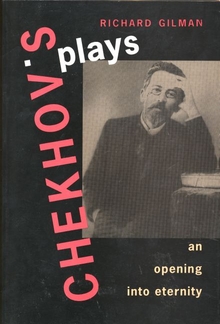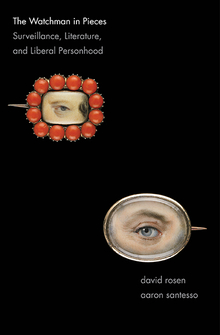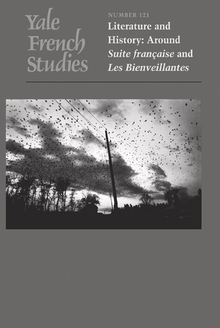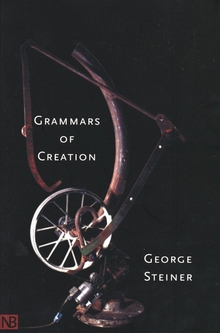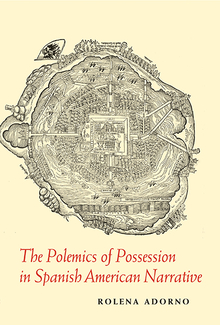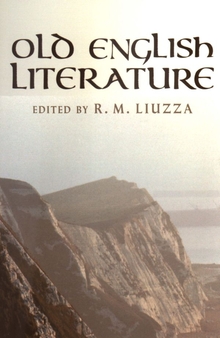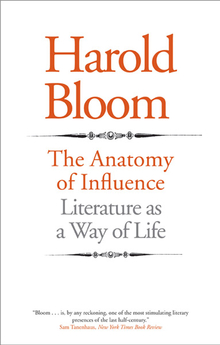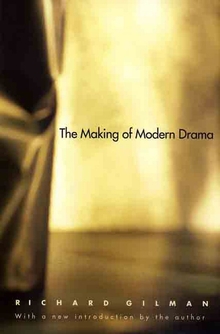Chekhov's Plays
WARNING
You are viewing an older version of the Yalebooks website. Please visit out new website with more updated information and a better user experience: https://www.yalebooks.com
An Opening into Eternity
Richard Gilman
The Cherry Orchard, The Seagull, Uncle Vanya, Three Sisters, and other plays of Anton Chekhov have been acclaimed by audiences and readers since they first began appearing in the late nineteenth century. In this eloquent and insightful book, an eminent critic explores the reasons behind the enduring power of Chekhov's works.
Richard Gilman examines each of Chekhov's full-length plays, showing how they relate to each other, to Chekhov's short stories, and to his life. He also places the plays in the context of Russian and European drama and the larger culture of the period. Gilman interweaves biographical narrative with textual commentary and with a discussion of stagecraft and dramaturgy—Chekhov's techniques for influencing viewers, the scenic framing of the action, and issues of genre and temporal structuring. Although previous critics of Chekhov have tended to view him as an essentially social dramatist or as an observer of the smaller aspects of existence, Gilman asserts that Chekhov was far more of an innovative playwright, a revolutionary, than has been seen. His book—the most complete, acute, and elegant study of this master playwright ever written—will appeal to all those who care about Chekhov, theater, and the life of the mind.
Richard Gilman examines each of Chekhov's full-length plays, showing how they relate to each other, to Chekhov's short stories, and to his life. He also places the plays in the context of Russian and European drama and the larger culture of the period. Gilman interweaves biographical narrative with textual commentary and with a discussion of stagecraft and dramaturgy—Chekhov's techniques for influencing viewers, the scenic framing of the action, and issues of genre and temporal structuring. Although previous critics of Chekhov have tended to view him as an essentially social dramatist or as an observer of the smaller aspects of existence, Gilman asserts that Chekhov was far more of an innovative playwright, a revolutionary, than has been seen. His book—the most complete, acute, and elegant study of this master playwright ever written—will appeal to all those who care about Chekhov, theater, and the life of the mind.
Richard Gilman is professor of playwriting and dramatic literature at Yale University's School of Drama. He has been drama critic for Newsweek, Commonweal, and The Nation and was a contributing editor of Partisan Review for many years.
ISBN: 9780300072563
Publication Date: September 23, 1997
Publication Date: September 23, 1997
288 pages, 6 1/8 x 9 1/4

